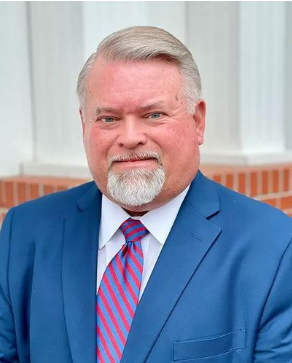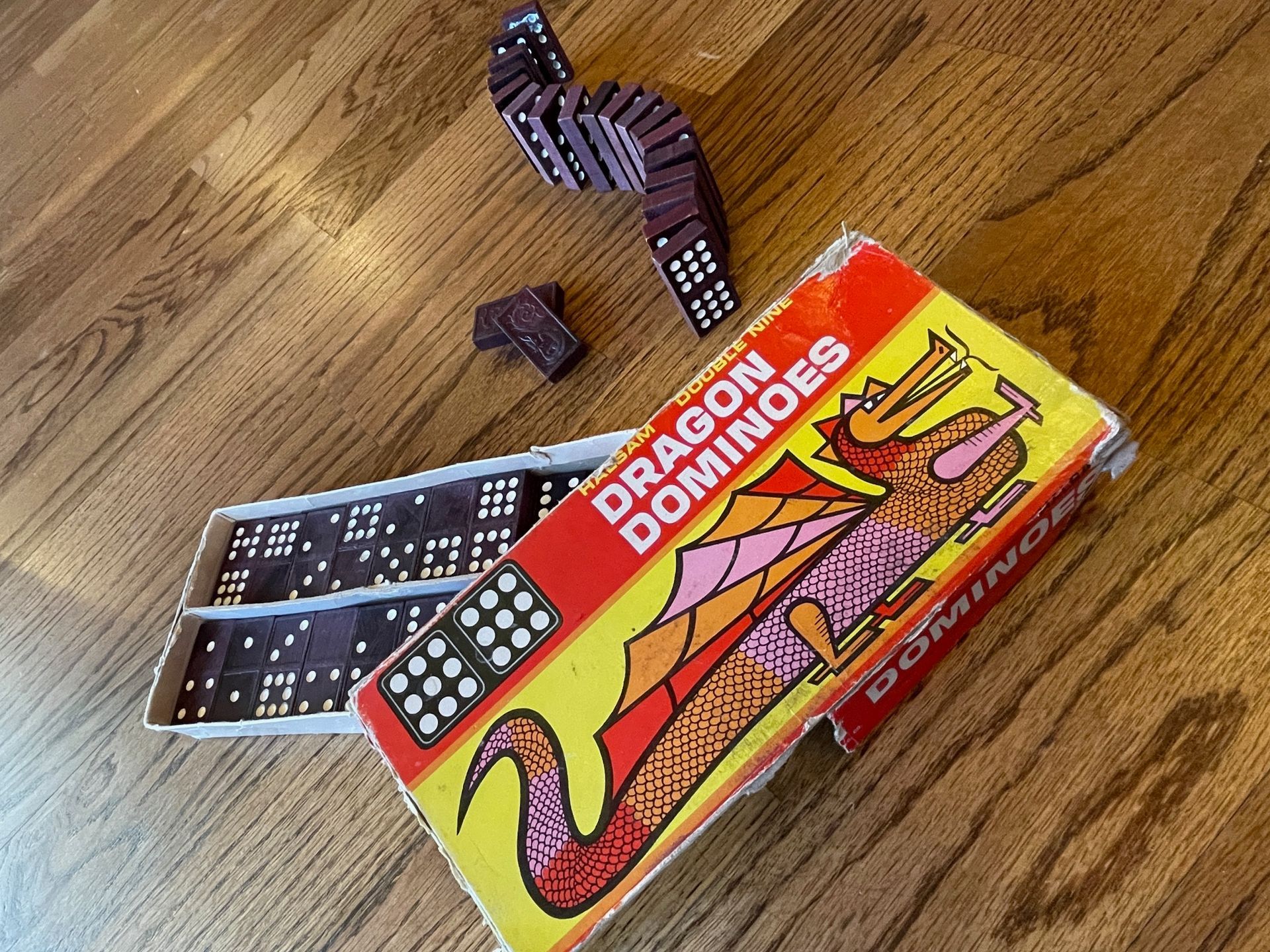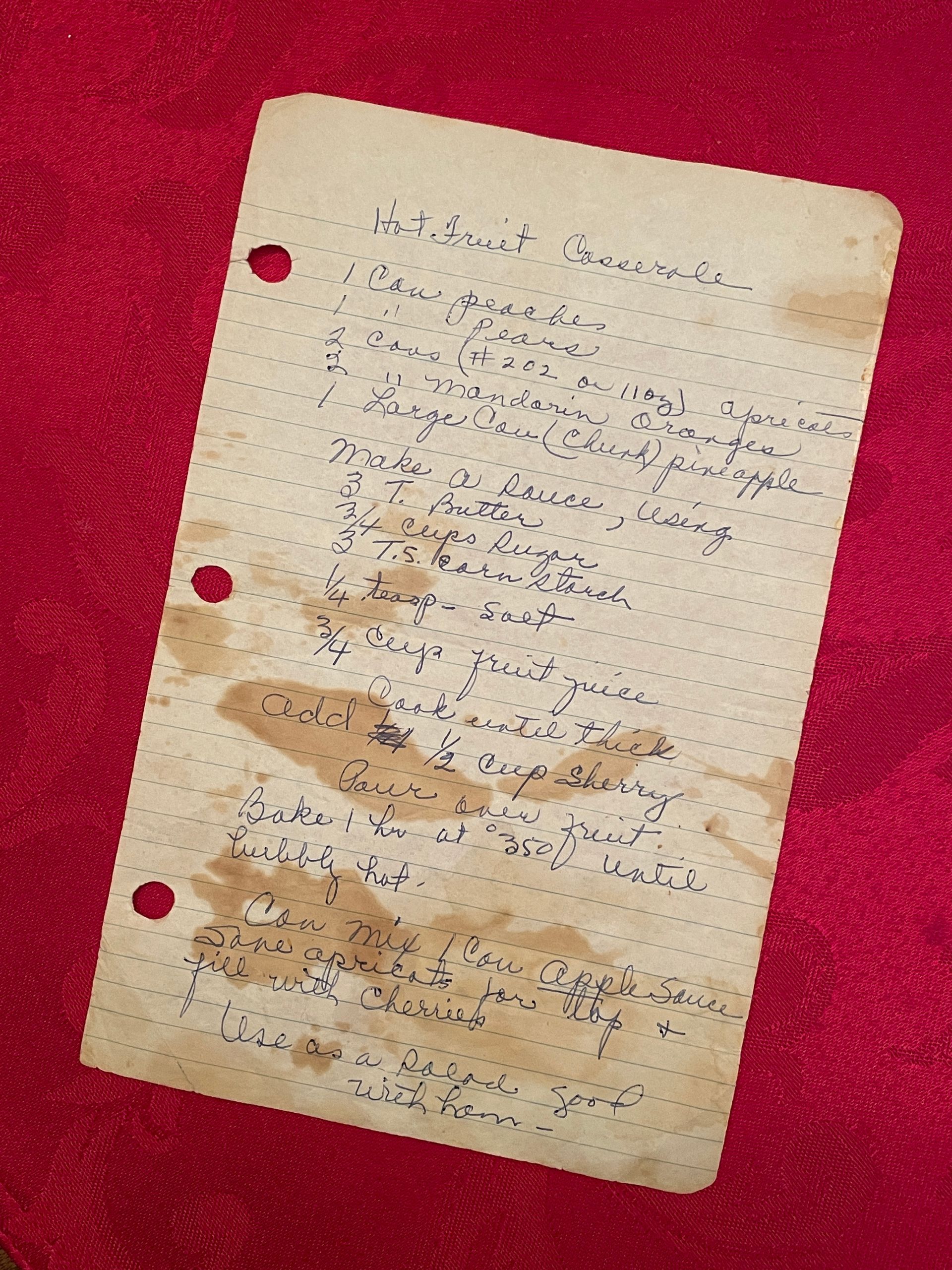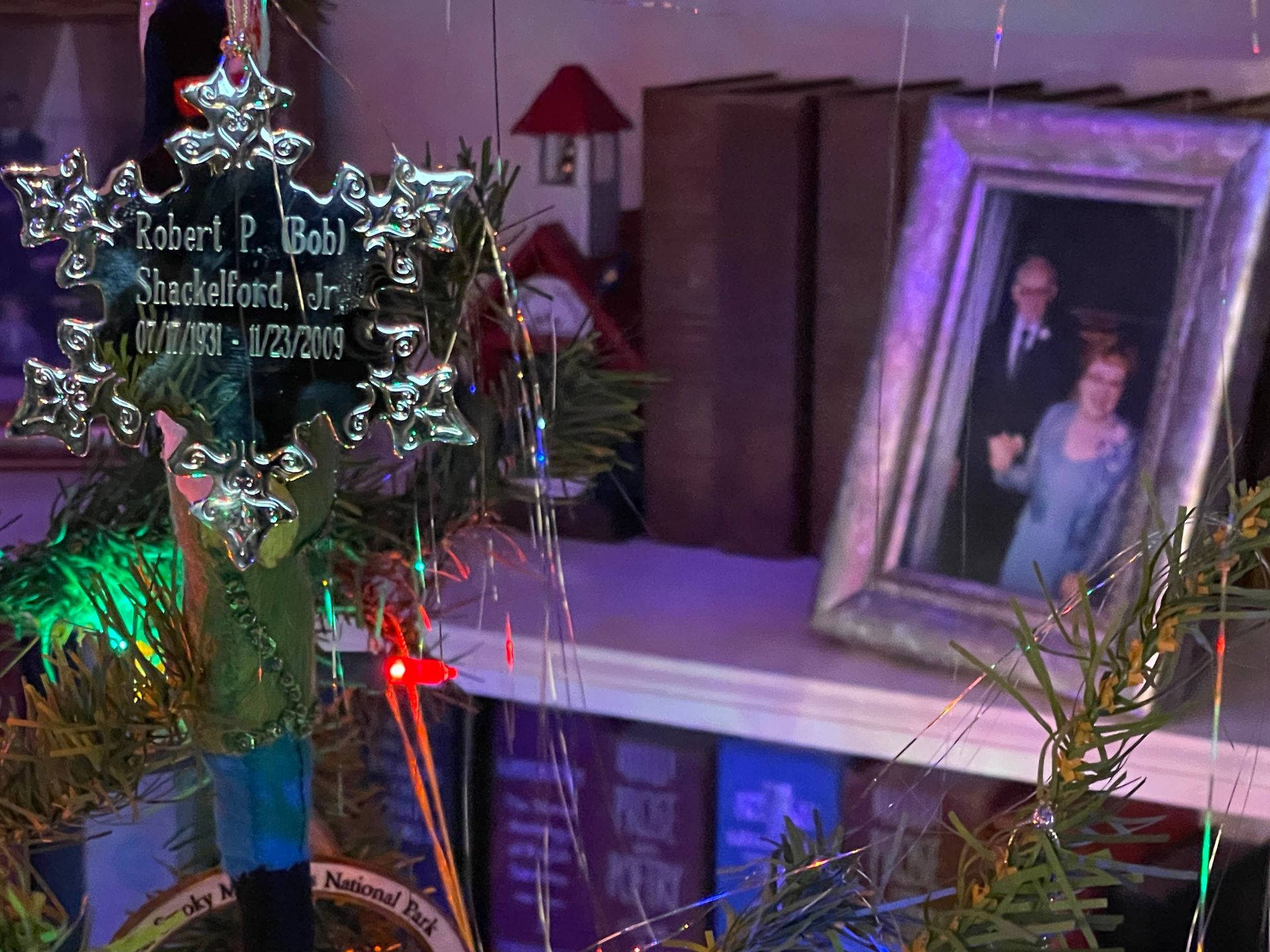Can I tell you how much I love Bob Newhart? He was on my list of celebrities who are never allowed to die, a rule he broke on July the 18th. From the first time I watched his show (while still a high school student), through the final episode of Newhart and beyond (side note . . . I was so excited to see him as Judson in “The Librarian” series), I grew to appreciate his ability to make me smile—or laugh out loud—while saying very little, if anything at all. Of course, when I first discovered him, I had no idea he was already an award-winning comedian, well known for the albums he had produced before breaking into television. (If you haven’t heard some of his telephone routines, you really need to visit my good friend Google.)
What I did know was that he could play straight man with the best of them, allowing those around him to get the laughs while he stood there as the only sane one in the chaos—which made it even funnier. To me, and I’m sure millions of others, he was just like us. The Everyman of television, just trying to keep his head above water while the world swirled around him. The plots weren’t outrageous. The acting wasn’t exaggerated or overdone. It was just good, clean, and hilariously funny storytelling at its finest. And I looked forward to it every week.
To his credit, and especially to his wife’s, his series “Newhart” produced perhaps one of the finest finales in the history of television. If you’re a Newhart fan, you know what I’m talking about. If you’re not, then allow me to briefly elaborate. Bob’s character was an innkeeper in Vermont and in the final episode, the Japanese had purchased the entire town and turned it into a resort development, with the exception of the inn which they refused to sell, and which is now operating in the middle of a golf course. He walks outside the front door and is promptly hit in the head with a golf ball. When he wakes up, he’s in bed with his wife from his previous series, “The Bob Newhart Show”, and he begins telling her about this crazy dream he had where he owned an inn in Vermont and the housekeeper was an heiress and there were these three woodsmen but only one of them talked—and she tells him there will be no more Japanese food before bed. As the scene draws to a close, he casually mentions she should really wear more sweaters, a reference to the figure-enhancing garment of choice for his “other” wife.
That stroke of genius was the brainchild of his real-life spouse, Virginia Quinn Newhart, or Ginnie as she was known to everyone. She was Bob’s first and only wife, his companion of over 60 years and the mother of his four children. They were perfect for each other, and his friend Buddy Hackett knew it. That’s why he introduced them, telling Ginnie what he was going to do and that they were going to fall in love and get married. Which is exactly what they did.
It took Bob Newhart’s death for me to learn about the private man as opposed to the one I had watched so faithfully. And honestly, the two aren’t all that different. He valued a normal life which was why he enjoyed his years on television. As he put it, he could take the kids to school in the mornings and his wife could pick them up in the afternoons, and he could be home each night instead of on the road performing in clubs across the country. As much as he loved standup comedy, he loved his family more.
Like most 94-year-olds, Time had left him old and frail, but his wit was still razor sharp. During one of his final interviews, he was asked about the secret to his 50 years in show business, a question for which he really had no answer. As he put it, success had come so quickly he believed it would be over in five or six years. For him, the high point of his career was when PBS named him an American Master—a title he never would have attributed to himself. But perhaps Bob Newhart’s character was best demonstrated in his responses to three questions which were asked during various interviews—interviews that were included in the recent documentary “A Legacy of Laughter”.
“What do you think is the most important decision you’ve made in your career?” to which Bob quickly replied, “The woman I married” followed by a chuckle and the observation “That was easy”.
“When you look back on your illustrious career, what moment do you think will resonate the most with you?” His response? “My marriage . . . the kids. Things outside the business really. When it’s all done, it’s all about family and friends.”
And finally . . . “How do you want yourself to be remembered?” to which Bob Newhart, a humble man who never thought of himself as an icon and always believed he had been blessed with an incredible life, replied, “As a good person”.
It is my considered opinion that the world would benefit from a lot more Bob Newharts.
About the author: Lisa Shackelford Thomas is a fourth-generation member of a family that’s been in funeral service since 1926 and has worked with Shackelford Funeral Directors in Savannah, Tennessee for over 45 years. Any opinions expressed here are hers and hers alone and may or may not reflect the opinions of other Shackelford family members or staff.













